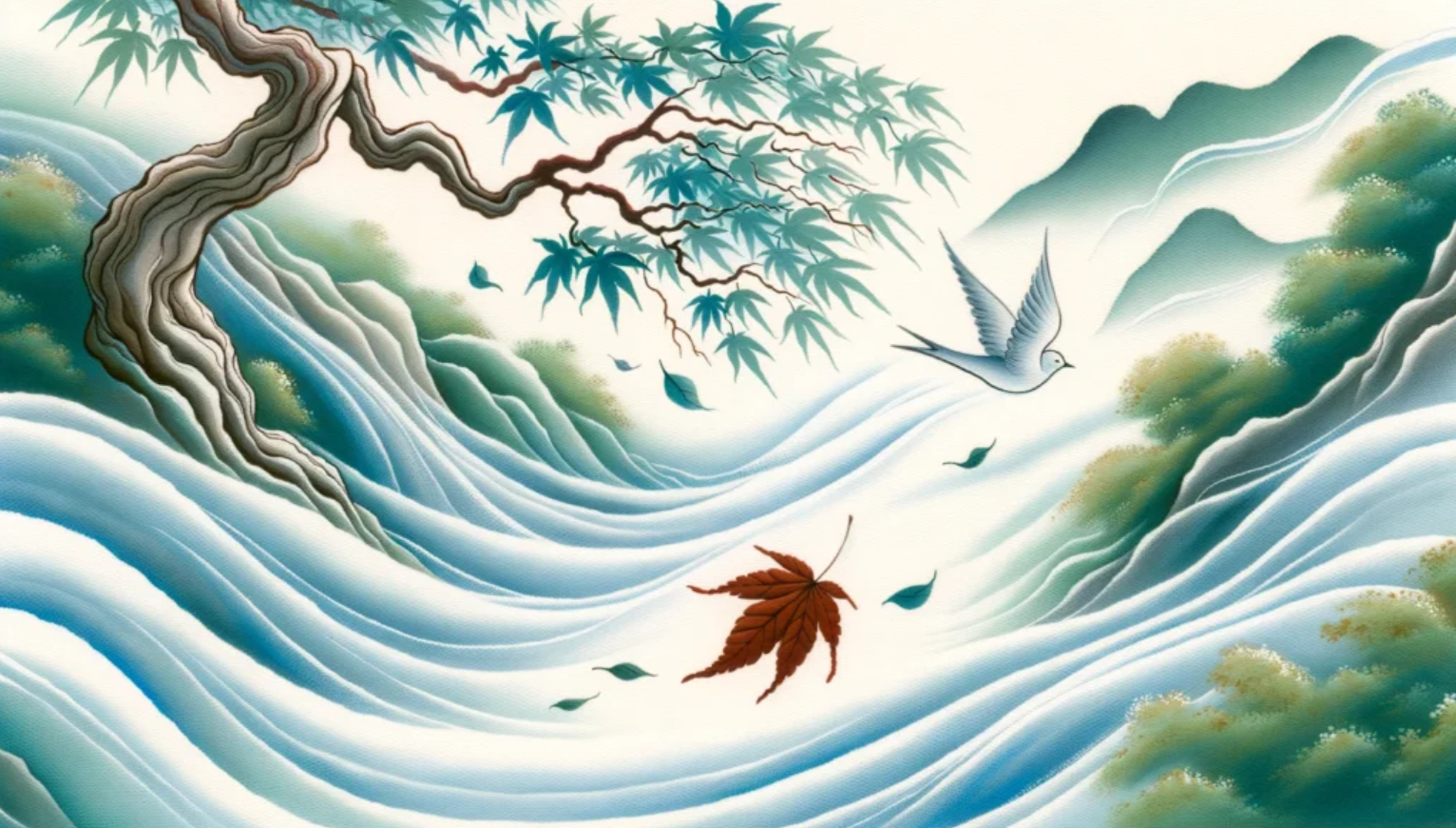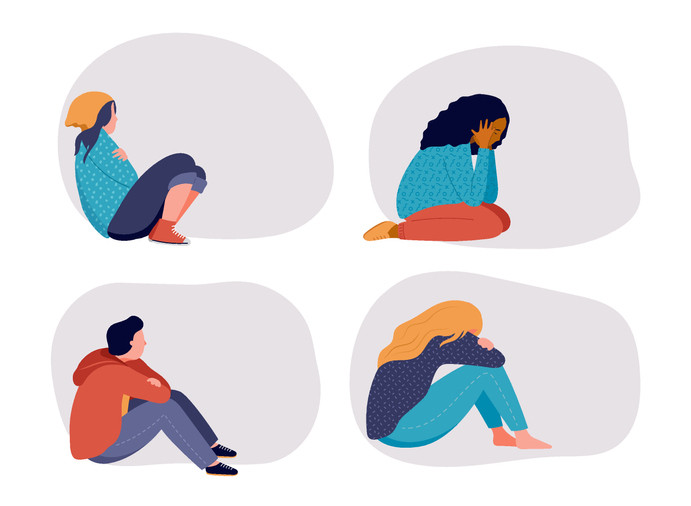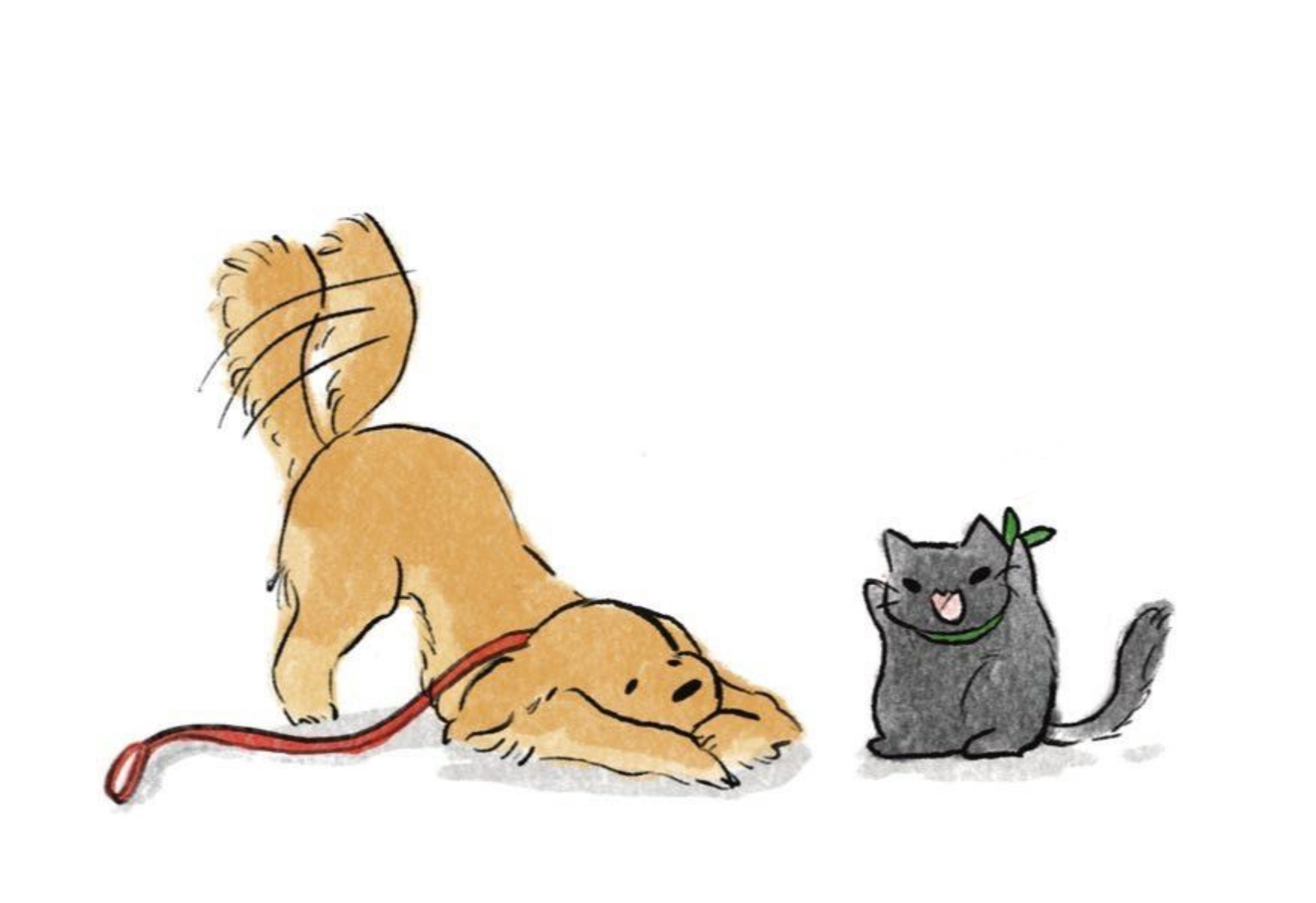Lilit Chilingaryan (11) | STAFF REPORTER
The way that life unravels sometimes feels like a paradox: things that are forced and intended are rarely accomplished in their true nature, and things that occur naturally and unintentionally are splendidly fulfilled as if by luck. For example, when we try to force an intelligent or funny demeanor, it just defaces us, and when we try to get excellent marks we might again be left unsatisfied. How can we control our life if its trajectory doesn’t follow our expectations?
This is where the concept of wu-wei comes in, emerging from the ancient Chinese philosophy of Taoism. First officially described in the Tao-Te-Ching, a foundational text of Taoism accredited to Laozi, this ubiquitous principle in many Chinese philosophies translates to “doing nothing.” However, it would better be described as “effortless action” or “action in inaction.” Wu-wei is the effortless alignment of our actions with the rest of the world and its dynamics. As well, it is associated with “being in the zone” and focusing on what is really going on.
Wu-wei is not passively yielding to the world’s dynamics, but responding to them better — it’s about working smarter, not harder. Our previous intentions and convictions may not fit a new context, so we cannot cling onto them and assert them. Essentially, though we take part in this world we do not, thus we should not, force its development.
The emergence of this idea came from around 400 BC with the Chinese philosopher Laozi. What Laozi introduced was the concept of the Tao and how humans should live in response to it – the Tao being a higher force of virtue that exists within the entire cosmos to which we must yield. This creative force is like a current, and many a time, we try to swim against it by imposing restrictions, creating standards, forcing ideals and expectations, clinging to convictions, etc. The focus of our actions shifts from living in harmony and virtue, to controlling aspects with our ego that nature would ultimately fulfill. Contrary to this, there is a lot of significance attributed to conscious effort and cognitive planning, especially in Western philosophy, as we try to make ourselves busy and accomplished. Yet, it seems that the idea of wu-wei is still quite relevant.
This fundamental understanding is well exemplified in the parable of the archer: when an archer plays for fun, they will shoot at the target, but once they prioritize the pressure of winning, they fumble and lose. In a nutshell, when focusing on the prospects and results, one acts unnaturally and attempts forcing success, which results in failure.
After having delineated the definition and purpose of wu-wei, it may seem to some as an excuse to live passively and indulge in carelessness. However, this is a perverse interpretation. Wu-wei does not imply apathy, which is void of care and sentiments, but rather encourages authentic responses that are a result of genuine care and inclination. These responses, being prompted not by desire nor by ambition nor by extrinsic motives, align with the Tao affiliated with Chinese philosophies.
A few relevant examples of incorporating wu-wei comprise our schooling, relationships, and work. Though it is hard to go with the flow when it comes to schoolwork and tests, it’s important to not lose sight of the ultimate purpose and also not to forge success nor a reputation. For example, if one tries to get good grades solely to fulfill that expectation, it may not yield the most optimal results. In relationships, we shouldn’t put up a facade or try to manipulate discussions. And in work, we shouldn’t propel ourselves at the cost of others. Of course, these are all easier said than done, but nonetheless there should be, in daily life, some sense of going with the flow and being in the moment.
In conclusion, this principle, though rooted in Eastern philosophy, is applicable to anyone as a guide for life. In today’s ambitious and busy world it may seem as if nothing can get naturally, slowly done — that we must always input excess thought and manipulation to reach such heights that may only contribute to a standard rather than a life. Personally, even if this concept is not followed continually, it serves as a reminder that life and its results should never be forced.
This article was written in February 2024.



